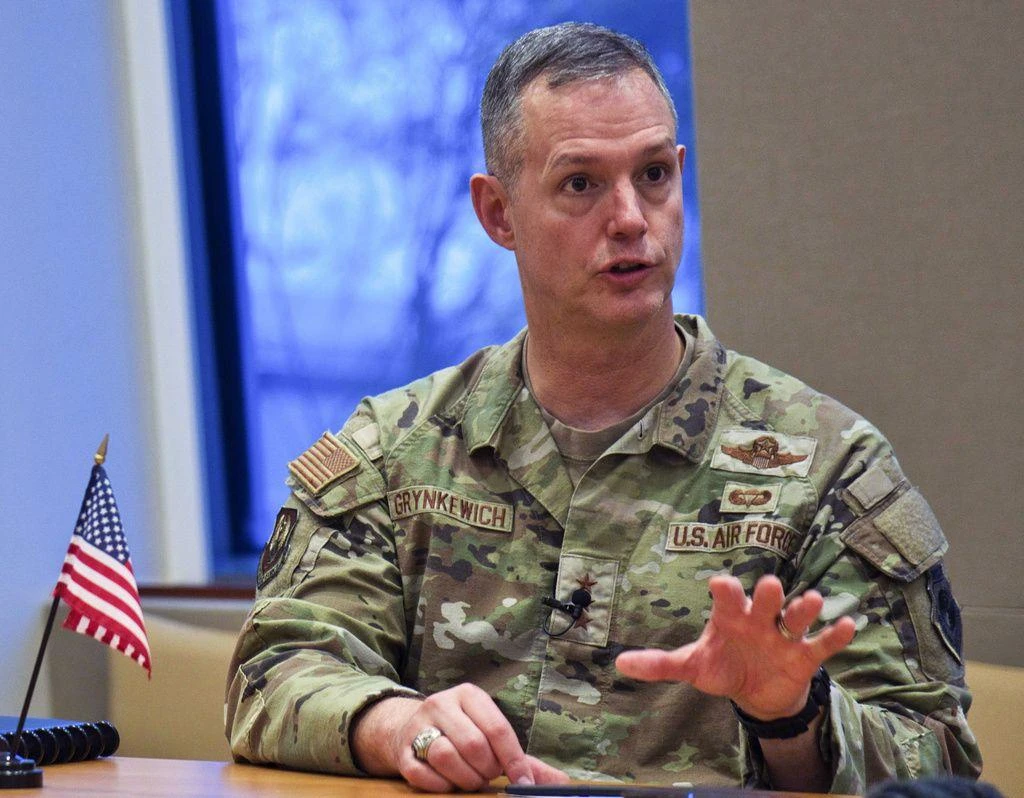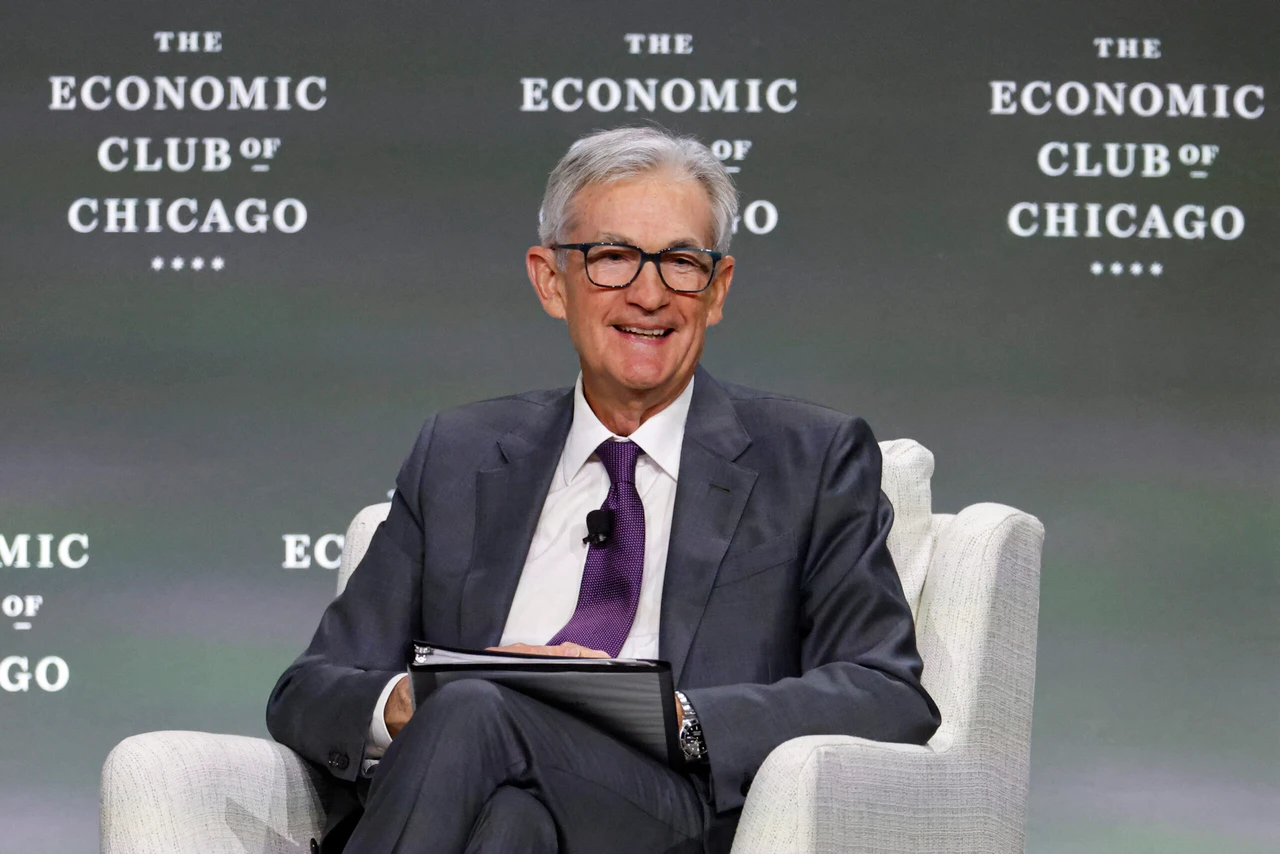Houthi attacks in Yemen show signs of slowing, U.S. Air Force Commander says

The Houthis in Yemen are slowing down their attacks, according to Lt. Gen. Alexus Grynkewich, top U.S. Air Force commander for the Middle East
The pace of attacks by Houthis in Yemen appears to be slowing down, according to the top U.S. Air Force commander for the Middle East, Lt. Gen. Alexus Grynkewich, who made the statement on Wednesday.
Grynkewich, who heads U.S. Air Forces Central, noted that persistent American retaliatory strikes against the Iran-backed militia group have influenced their behavior, resulting in a reduction in their operations. He stated, “Their pace of operations is not what it was.”
The Houthis, based in Yemen, have been frequently targeting commercial and military vessels in the Red Sea and Gulf of Aden, using drones and missiles launched from rebel-held territories. These attacks, though often unsuccessful, have caused disruptions to vital shipping routes.
In response, the U.S. and its allies have bolstered their naval presence in the region and conducted retaliatory strikes on ammunition depots, weapon facilities, and Houthi drones and missiles. Grynkewich highlighted the challenge of assessing the impact of these strikes on the ‘ weapons supplies, citing the lack of detailed intelligence on their capabilities prior to the attacks.
Regarding Iranian involvement, Grynkewich emphasized the importance of understanding Iran’s role in restocking the Houthi group’s arsenal. Despite the Houthis’ stated goal of pressuring Israel to end its conflict with Hamas in Gaza, Grynkewich noted that the targeted ships have had little to no connection to the countries involved in the conflict.
Unlike other Tehran-backed militias in Iraq and Syria, Grynkewich described the Houthis as more independent and less responsive to Iranian direction. While acknowledging the possibility of Iran attempting to control or disrupt their supplies, Grynkewich cautioned that any such efforts would likely take time to yield results.
The developments underscore the complexities of the conflict in Yemen and the broader regional dynamics involving Iran and its proxies. As the situation continues to evolve, Grynkewich emphasized the need for ongoing vigilance and strategic assessment of the Houthis’ activities and their implications for regional stability.
Source: AP



